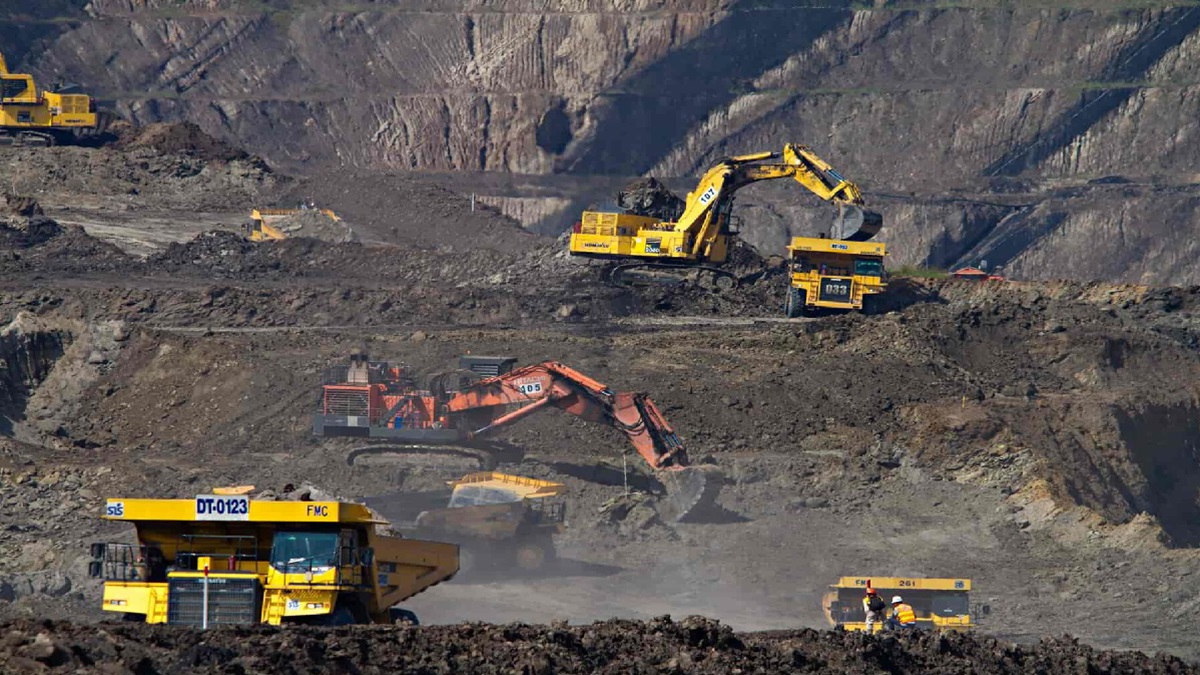New Delhi. The Supreme Court today gave an important decision regarding the tax on minerals. Giving relief to the mineral-rich states, the 9-judge bench headed by Chief Justice D.Y. Chandrachud said in its decision that the states have the right to impose tax on mineral-rich land. The Supreme Court also said that royalty is not a tax. With this, the Supreme Court overturned its own decision given in 1989. The Constitution Bench of seven judges had given the decision in 1989 that royalty on minerals is a tax.
[BREAKING] Supreme Court rules States have right to levy tax on mineral rights; Justice BV Nagarathna dissents
report by @DebayonRoy https://t.co/9CouQmYlk9
— Bar and Bench (@barandbench) July 25, 2024
However, the court also clarified in its today’s decision that Parliament has the right to impose limits, restrictions and bans on taxing minerals, but unless Parliament imposes any limit, the state has full right to tax mineral rights. The bench gave this decision by a majority of 8: 1. Justice J. B. Pardiwala, Justice Manoj Mishra, Justice Hrishikesh Roy, Justice A. S. Oka, Justice Ujjwal Bhuyan, Justice S. C. Sharma and Justice A. G. Masih, who were part of the bench including CJI Chandrachud, agreed while Justice B. V. Nagarathna expressed his dissent on the decision.

This decision of the Supreme Court will benefit mineral-rich states like Chhattisgarh, Jharkhand, Odisha, West Bengal, Madhya Pradesh and Rajasthan. The mineral-rich states demand that this decision be implemented retrospectively, while the central government wants to implement it for the future. Now the Supreme Court bench will hear this again on Wednesday. This decision of the Supreme Court has shocked the central government because now the states will get the right to impose tax on minerals. At the same time, mining companies extracting minerals will also have to pay more tax after this decision of the Supreme Court.